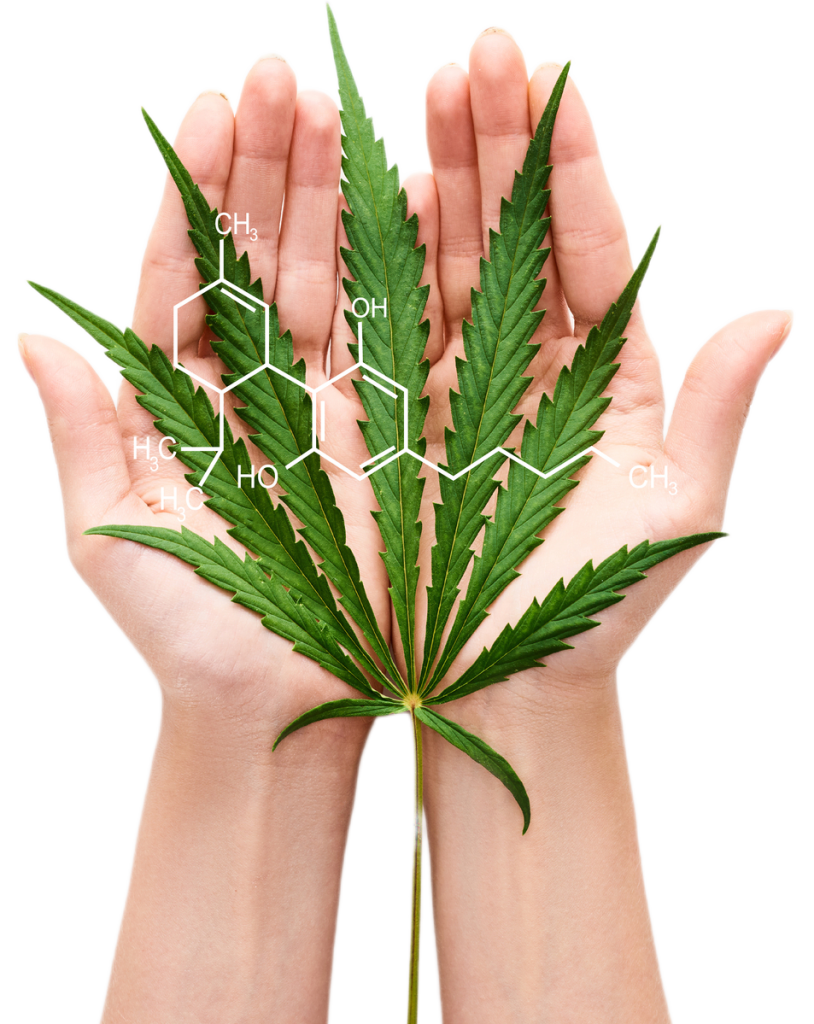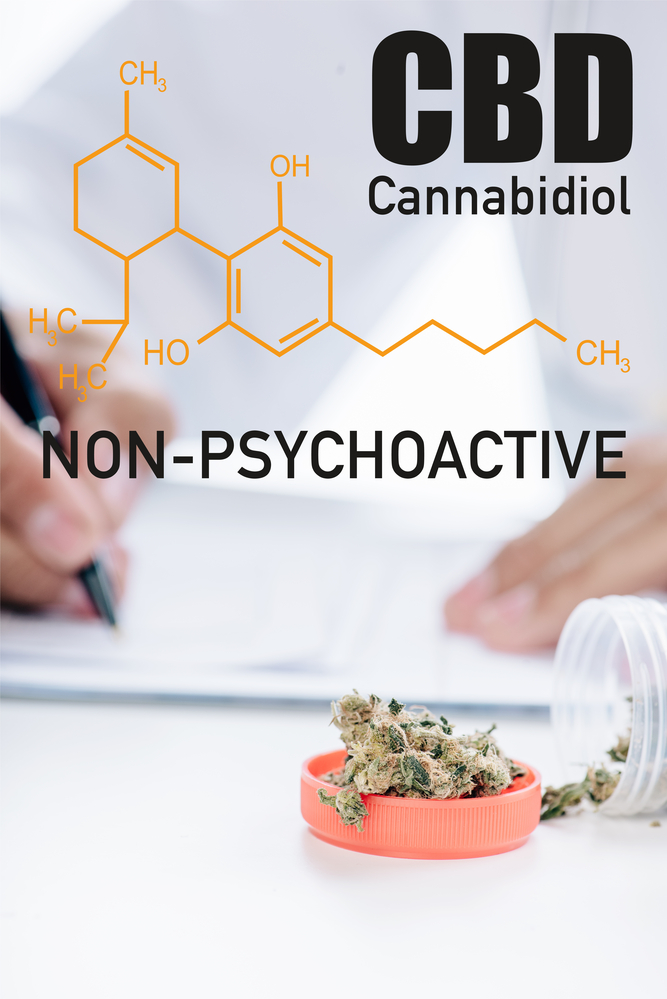CBD Knowledge Hub
CBD for your Health

CBD for Your Health: Understanding Its Impact and Applications
Cannabidiol, commonly known as CBD, has gained widespread attention in the health and wellness sphere. Extracted from the cannabis plant, CBD is hailed for its potential therapeutic benefits without the psychoactive effects associated with THC. This article explores how CBD can be used to promote health and well-being.
What is CBD?
CBD is a non-psychoactive compound found in cannabis plants. Unlike THC, it does not produce a high, making it an appealing option for those seeking natural remedies.
The Science Behind CBD
CBD interacts with the body’s endocannabinoid system, which regulates various physiological processes such as pain sensation, mood, and immune function. This interaction contributes to its potential health benefits.
Potential Health Benefits of CBD
Research into the health benefits of CBD is ongoing, but it has shown promise in several areas:
- Pain Management: CBD may help reduce chronic pain by impacting endocannabinoid receptor activity and reducing inflammation.
- Anxiety and Depression: Studies suggest that CBD has the potential to alleviate symptoms of anxiety and depression.
- Sleep Disorders: CBD might improve sleep quality and help with disorders like insomnia.
- Neuroprotective Properties: Preliminary research indicates that CBD could benefit neurological disorders, such as epilepsy and multiple sclerosis.
How to Use CBD for Health
Incorporating CBD into your health regimen requires understanding the different forms it comes in and how they work:
- CBD Oils and Tinctures: Used sublingually for quick absorption, suitable for general wellness, anxiety, and pain.
- CBD Edibles: Including gummies and capsules, preferred for their ease of use and consistent dosing.
- CBD Topicals: Creams and balms for localized pain relief and skin health.
- CBD Vaping: Though it offers quick relief, vaping carries potential respiratory risks.
Dosage and Safety
The appropriate dosage of CBD varies depending on the individual and the condition being treated. It’s essential to start with a low dose and gradually increase it to find what works best for you. Consulting a healthcare professional is recommended, especially for individuals with existing health conditions or those taking other medications.
Safety and Side Effects
While CBD is generally considered safe, it can cause side effects such as dry mouth, drowsiness, and gastrointestinal discomfort. Understanding potential interactions with other medications is crucial.
Legal and Quality Considerations
The legality of CBD varies, and it’s important to choose products from reputable sources that provide third-party lab testing to ensure quality and purity.
CBD presents a promising natural option for various health concerns, from pain management to mental health support. However, it’s important to approach its use thoughtfully, considering the quality, legality, and appropriate dosage. As research continues to evolve, so will our understanding of the full potential of CBD for health and wellness.


















![gg-logo-web-3[1] gg logo web 3[1]](https://d25pbp999fz757.cloudfront.net/wp-content/uploads/elementor/thumbs/gg-logo-web-31-e1702362118260-qkhgbmdkn18qyowrnio3ep04x25q8zkjjrw4kyc0lc.png)





